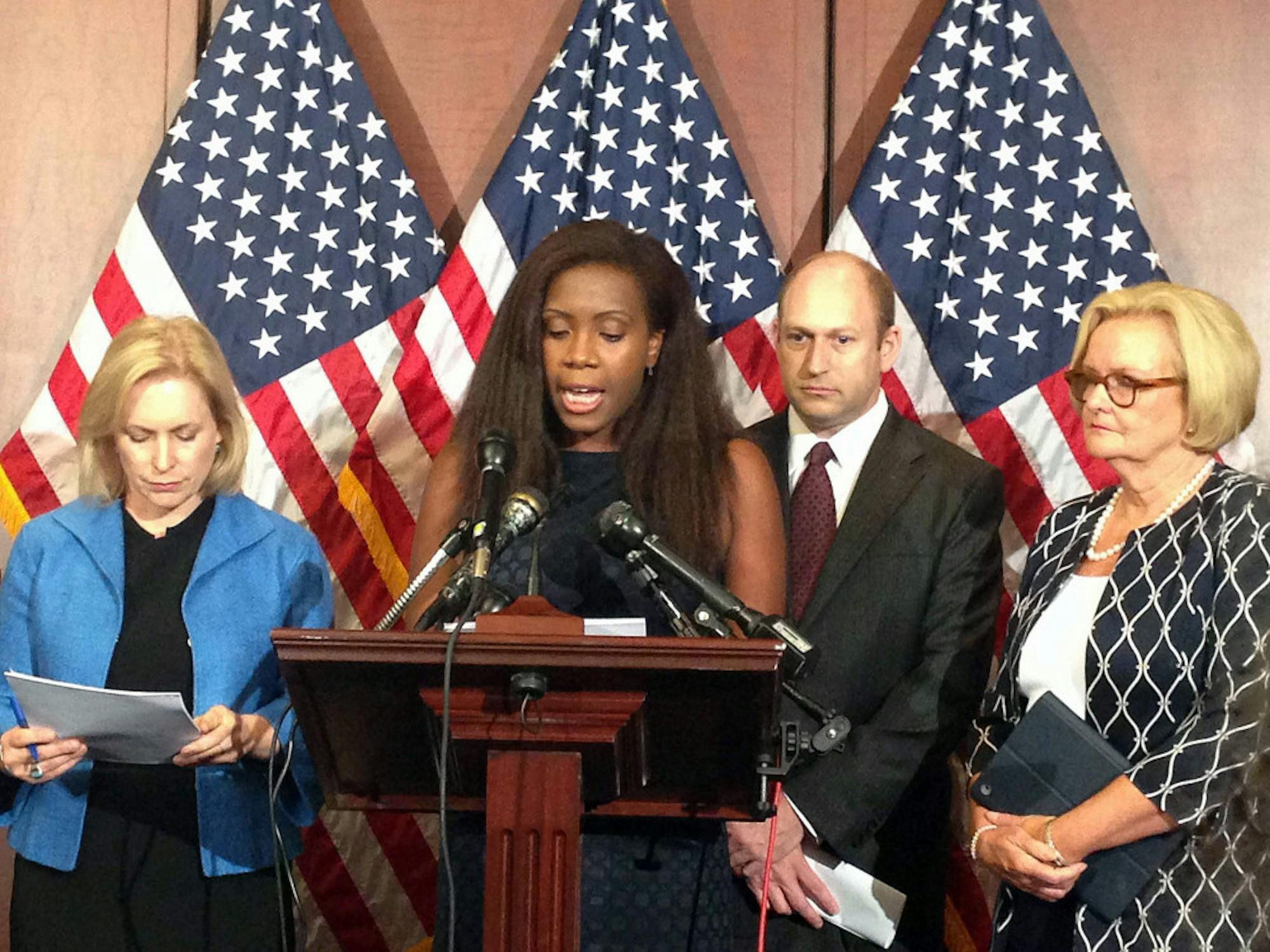After decades of frustrating inaction, the issue of sexual assault on college campuses is finally getting the attention it deserves. At Tufts, groups like Action for Sexual Assault Prevention work to encourage a campus culture of consent, while events such as It Happens Here force us to confront the reality that the lives of many of our peers have been impacted by rape and sexual assault. On a national scale, legislators are grappling with how to decrease the near-epidemic rates of sexual assault on American campuses while simultaneously ensuring due process for the accused. One such attempt, the Campus Accountability and Safety Act (CASA), was reintroduced last Thursday by a bipartisan group of sponsors. Here at Tufts, and at colleges across the country, this legislation is desperately needed.
Current federal law on this issue is woefully inadequate. Its most fundamental problem is that it creates a system of perverse incentives for college administrators to sweep rape and sexual assault under the rug by under-reporting incidents. Until recently, colleges across the country were dealing with the problem by ignoring it -- a terrifying thought, considering the fact that one in five women and one in 16 men are sexually assaulted during their time in college (not to mention even higher rates for LGBTQ people and women of color).
CASA aims to address the myriad of problems with existing legislation by flipping the incentives. The bill outlines several new requirements for colleges: They must educate staff members who deal with rape and sexual assault investigations on how these issues impact students, clarify their relationship with local law enforcement, make data on campus sexual violence public and appoint “Confidential Advisors” and other resources for survivors. Failure to meet the bill’s requirements will result in steep fines -- up to one percent of the school’s operating budget. The money from these fines will then be used to create a system of competitive grants colleges can use for prevention efforts and research.
Critics of the original version of CASA argued that it failed to protect the rights of the accused because it did not expand on their existing protections under federal legislation. The updated version of the bill attempts to rectify this by mandating that colleges keep accused students fully informed of their rights and the details of the accusations against them through every step of the adjudication process. It is always important to fight for the rights of the accused, but just because CASA does not radically expand their existing rights does not inherently mean that colleges will be able to simply do away with due process once the legislation is enacted. In fact, sponsors of the bill have argued that it helps the accused by clarifying the rights of all parties involved. Making significant changes to the existing system will inevitably be beneficial to survivors as well as the accused, especially when reforms focus on increasing education, prevention and transparency.
Ultimately, this legislation is an essential step in the right direction. It will bring much-needed resources to students at Tufts and at schools across the country, while encouraging universities to take further action to prevent rape and sexual assault on their own campuses.
Updated CASA is step in the right direction in tackling sexual assault

From left: Sen. Kirsten Gillibrand (D-NY), Wagatwe Wanjuki of Know Your IX, Scott Berkowitz of RAINN and Sen. Claire McCaskill (D-MO), speak at the Campus Accountability and Safety Act press conference, Wednesday, July 30, 2014, in Washington.





